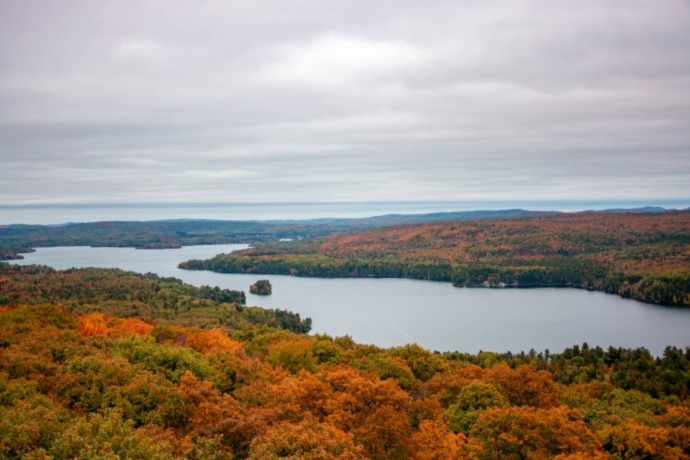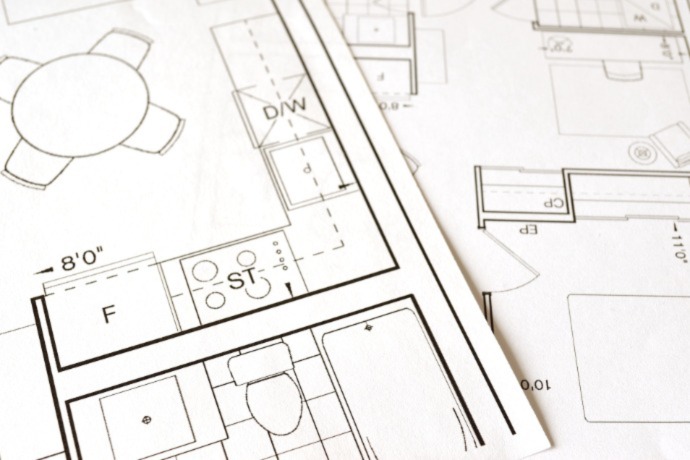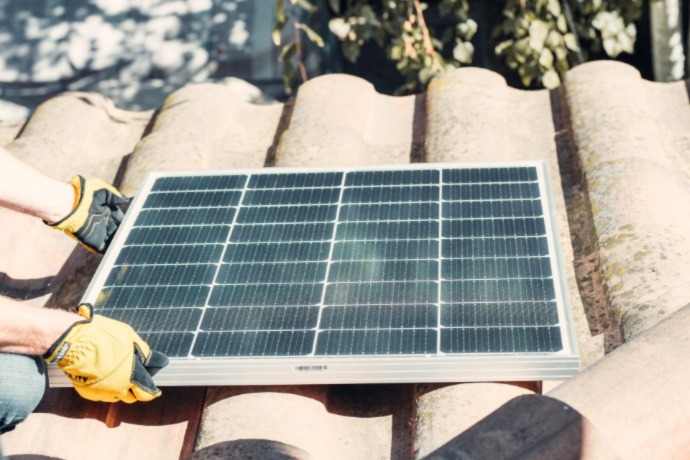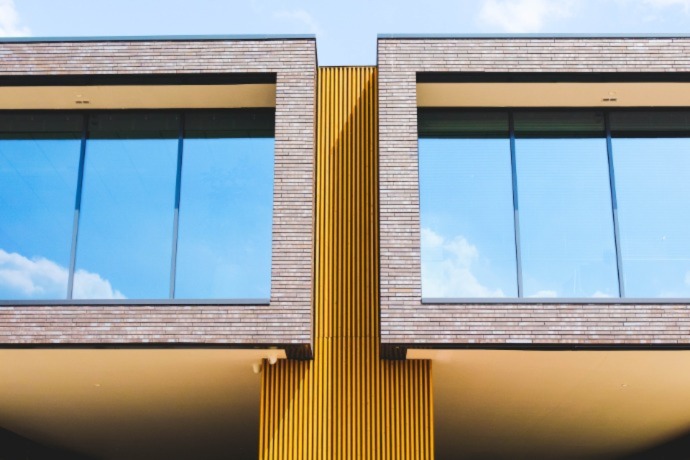May 25, 2023
The built environment contributes to 40% of global carbon dioxide emissions. This includes the construction, maintenance, and operation of every residential and commercial building in the world. From the materials we use to build, to the energy we demand while living and working in the built environment, our impact on the natural world is hard to ignore. It’s causing the acceleration of climate change, posing a threat to life on Earth as we know it. The good news is that there are plenty of innovative solutions to help new homes reduce their environmental harm.
Imagine living in a home that produces its own energy, collects and reuses rainwater, and uses natural light to brighten up the living spaces. It's not only possible, but it's also achievable with careful planning and thoughtful design. Consider these simple and cost-saving ideas when designing your new home to up your sustainability game.
1. Importance of Location and Size

While it will be impossible to completely eliminate the impact of your new home on the environment, it is possible to greatly reduce it with intentional choices. Two of the most significant factors in reducing the carbon emissions related to your new home are its location and its size.
The location of your home has a role to play here! You’ll need to consider preserving any nearby natural habitats, maintaining the ecosystem stability during and after construction, reducing emissions from transportation. For instance, if you build your home near trees or a river, you'll need to think about how the construction and existence of the home are going to alter life for the flora and fauna that originally lived there. If you are interested in an extremely remote location, consider the emissions related to transporting raw materials to the build site.
The size of your home is also a critical factor to consider. Larger homes require more energy and resources to build and maintain, so it's essential to build a home that meets your needs without being excessive. When designing your home, consider ways to maximize your living space without sacrificing comfort or functionality. For example, you could build a loft or use open floor plans to create a spacious feel without needing more square footage.
Where the materials come from, where they are shipped to, and how much actual material you need for your home will make up the bulk of your carbon footprint related to the home.
2. Smart Layout

When designing your home, consider how you can maximize natural light and ventilation. By incorporating large windows, skylights, and sliding glass doors, you'll reduce your need for artificial lighting and air conditioning, thus saving you money on energy bills.
Heating and cooling are some of the most energy-intensive processes related to the built environment, contributing highly to global greenhouse gas emissions. Anything you can do to use less energy in the home, including the heating and cooling of it, is a huge win for the environment (and for your utility bill!).
You can also alter the placement of rooms in your home to optimize energy efficiency. Consult with a sustainability specialist to learn more about how placing your bedrooms on the cooler side of the house could reduce your reliance on air conditioning during the hot summer months. You could also place your kitchen and living room on the south side of your home, where they'll receive the most natural light and warmth.
3. Water Conserving Features

Water is a precious resource, and conserving it is crucial to building a sustainable home. There are many ways to reduce your water consumption, such as installing low-flow toilets and showerheads, using drought-resistant plants in your landscaping, and collecting rainwater for irrigation. These are all decisions that can be made during the design stage of the build, truly reducing the negative impact your new home will create in the years to come.
Consider also using greywater systems to recycle water from your sinks, showers, and washing machines. This water can then be reused for watering your plants, flushing your toilets, or washing your car. By reducing your water consumption, you'll save money on your utility bills and help preserve this vital resource for future generations.
4. Focus on Your Energy Use

Reducing and recycling your energy is really the name of the game here. As you have read, there are many smart and simple ways to reduce the demand your home creates on the energy grid. Energy-efficient appliances and lighting, insulating your home, and intentionally designing the house to blend with the natural environment around it are excellent ways to start. To go even further, you could look into installing solar panels on your home to generate your own electricity!
A sustainability consultant could also inform you whether geothermal heating would work for your home. Geothermal heating and cooling systems harness the natural heat from the earth to warm your home in the winter and cool it in the summer. Anything you can do to reduce the amount of energy your home uses reduces the amount of fossil fuels that will be burned to create that energy!
5. Choose the Right Windows and Doors

Windows and doors are significant sources of heat loss and gain, so it's crucial to choose ones that are energy-efficient.
Look for windows and doors that are certified by ENERGY STAR, a program that identifies products that meet strict energy efficiency guidelines. These products can significantly reduce your energy consumption and costs, while also providing better insulation and noise reduction.
With every sustainable choice, you're making a statement about your commitment to creating a better world for future generations. Let's choose to build homes that are not just beautiful and functional, but also kind to the planet we call home. DeLeers Construction specializes in custom home building, and we’re standing by to help with your next project! Give us a call today.
Message or call our experts at 920-347-5830 with any questions about hiring professionals to build your new sustainable home!



